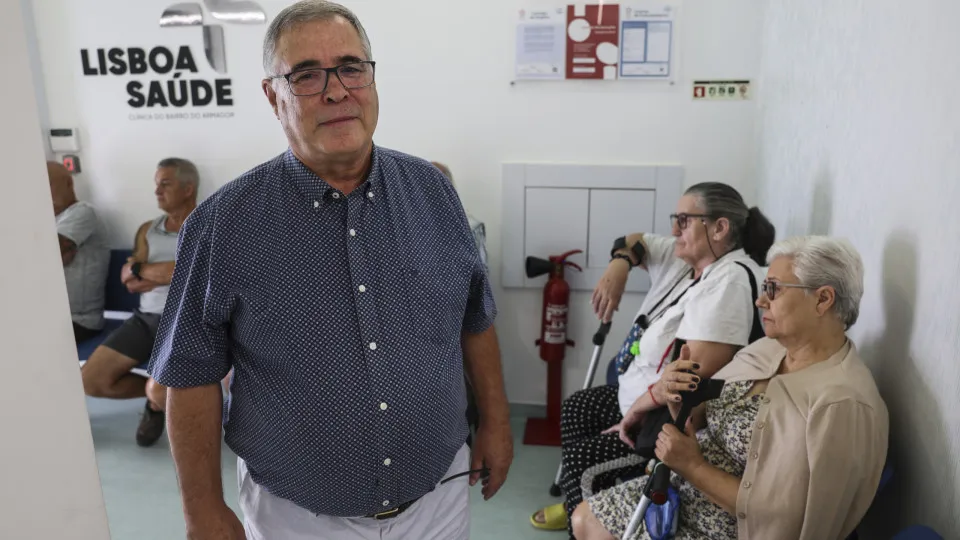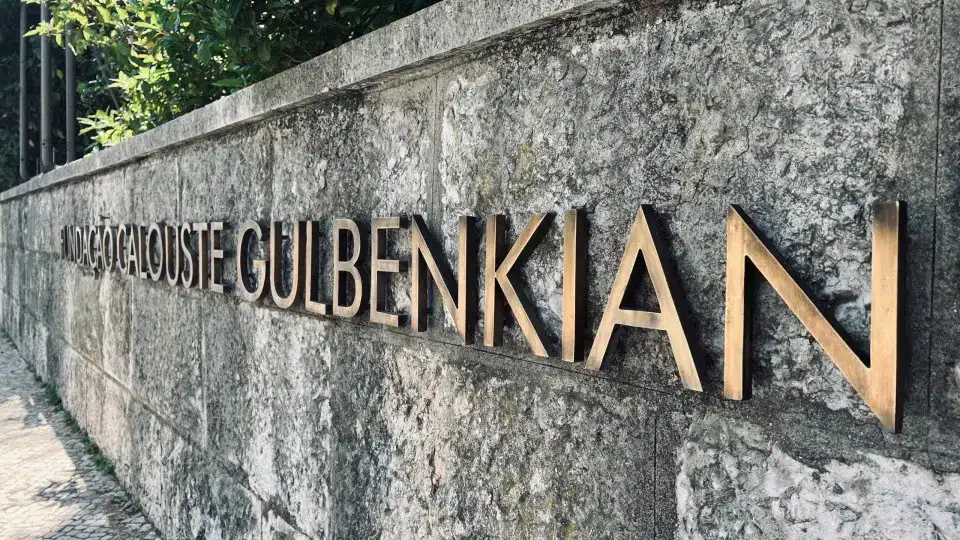
“It’s to give them a little treat,” confides 68-year-old Matilde Correia, dressed in a blue dress and beaming, as she carries a pot of cachupa to the healthcare professionals at Lisbon’s first local clinic in Marvila.
She says the neighborhood needed this facility, which opened last March, and that the clinic has brought “only good things.”
“Here it’s close, we’re in the neighborhood, which has many elderly and ill people, so I’m very happy.”
This joy is shared through food, with others bringing fresh rice pudding as well.
The clinic is situated in the Armador neighborhood in Marvila, home to approximately 3,600 residents of diverse ethnic and cultural backgrounds, located in an area where municipal housing, housing cooperatives, free-market sales, and gated communities coexist.
Statistics reveal that over half of those registered at the local health center do not have an assigned family doctor, making the clinic’s debut a beacon of hope for those with significant health burdens who previously had only emergency rooms as an option.
“We don’t have issues with scheduling. We usually have a consultation within 10 days. Access here is very easy,” notes João Carmona, the doctor overseeing general practice consultations, highlighting that without this support, many people would end up in emergency services, as the National Health Service’s primary care cannot cope.
This clinic, a municipal project involving the city council’s Social Services and the company Gebalis, was followed by another opening in Lisbon’s Alta area, where nearly two-thirds of the population also lack a family doctor.
The service offerings are identical: general practice consultations, nursing, and nutrition.
In a statement, the doctor in charge of general practice consultations in Alta de Lisboa expressed her passion for the project, which allows serving a population that, lacking a family doctor, has a significant health burden requiring attention and support.
“These people are in need; they are hypertensive, diabetic… They need assistance, medication, exams, and had nothing,” she explained, noting the opportunity to provide assistance with the local clinic.
She notes that when necessary, patients are referred to emergency: “I’ve had to call the ambulance service before. But usually, we manage here.”
Having come from Santa Casa da Misericórdia, she finds the community’s gratitude most touching: “These people didn’t even have a doctor to prescribe medication.”
She advocates for expanding such responses, pointing out that many residents in Alta de Lisboa who need help are outside the clinic’s area.
In the waiting room, 91-year-old Clarice Botelho awaited her turn. Since her family doctor retired, she was without options. She says the service was “heaven-sent.”
Augusta Reais, 82, also lost her family doctor to retirement. She uses a walker as she slowly enters the nurse’s office, sharing that “to measure my blood pressure, I had to go to the pharmacy. For medication, I had to buy it… [needing a prescription], this was heaven-sent, as that lady says.”
With mobility issues, she says that without this solution, she “would have to call a taxi and go to the emergency room.”
Next to her, nurse Marlene Brito listens intently, acknowledging that without this continuity, these individuals would burden emergency services.
She emphasizes the preventive care and health promotion work done by the team, noting that constant monitoring of the community allows for small improvements in people’s lives.
“As we work in a complementary way, we ultimately lessen the burden on the National Health System,” the nurse states, underscoring the importance of keeping these patients monitored to avoid complications.
Nutritional consultations also contribute by helping manage patient health. For this community, these consultations are more about “teaching how to eat” than weight-loss programs.
“What prevails are chronic diseases like obesity, diabetes, and hypertension,” confesses nutritionist Margarida Bento, highlighting the role of diet in disease management.
She acknowledges the need to “explain that eating well doesn’t have to be expensive or complicated” and notes that improvements are seen in some patients’ analyses.
The specialist also shared her most challenging patient experience: “I realized midway through the consultation that [the patient] couldn’t read or write.”
“It could be the most perfect plan on earth, but what good is it if the person can’t read what’s on the paper? I had to adapt it with images and charts. These small triumphs are greatly rewarding,” she shares.
Waiting, Maria de Fátima Tomás, an oncology patient, recounts how these consultations allowed her to pause her wait for the National Health Service. She underwent surgery a year ago and initially visited the clinic for post-operative care. It was then she learned about the nutrition consultations.
“I signed up and started coming here. I lost a lot of weight and was waiting for a consultation at Hospital de Santa Maria,” she says, noting that the clinic also addresses her general health needs.
Without a family doctor for years, she’s now been assigned one. “But it’s across town in Sete Rios. Here, appointments are right at my doorstep.”




